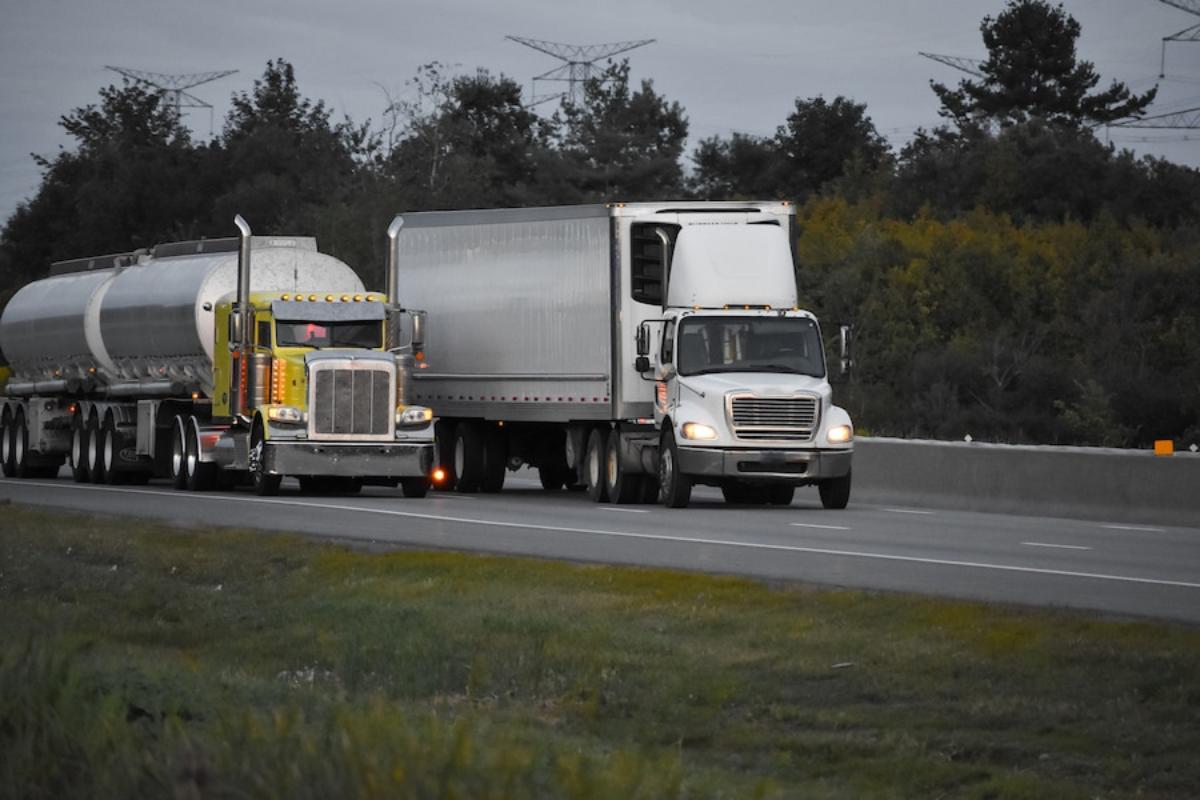Sharing the road with large trucks is an inevitable part of driving, especially on highways. These commercial vehicles’ sheer size and weight can cause significant hazards if an accident occurs. Hence, understanding and implementing road safety practices become indispensable.
The Basics of Road Sharing with Trucks
Trucks play a vital role in transporting goods across the country, but they also come with unique challenges on the road. These heavy vehicles have specific operating restrictions and capabilities that other motorists should know. For instance, because of their significant mass, trucks take longer to accelerate and come to a complete stop.
Also, due to their height and length, trucks have much larger blind spots compared to regular vehicles. Keeping these physical limitations in mind while driving can reduce the risk of incidents and ensure a harmonious coexistence on the road. Furthermore, in the unfortunate event of a collision, the counsel of a proficient Dallas truck accident attorney can be a valuable resource in navigating the complexities of accident claims.
Maintaining a Safe Distance: Why It’s Key
Distance matters, especially when following a truck. The greater the distance you maintain, the greater your field of vision and the more time you have to react to unforeseen events. If a car needs to stop quickly, a safe following distance can be the difference between a near miss and a full-on collision.
Adverse conditions such as rain, snow, or fog necessitate even more space, as stopping distances can double or triple depending on road conditions. Knowledge of defensive driving techniques and a vigilant approach to maintaining distance can greatly enhance highway travel safety.
Understanding the Blind Spots of Big Rigs
When it comes to trucks, their blind spots, often referred to as “No-Zones,” are significantly larger than those of passenger vehicles. Drivers should exercise extreme caution and avoid lingering in these zones.
Riding alongside a truck within these blind spots increases the probability of being involved in a lane-changing accident, as the truck driver may decide to switch lanes without knowing another vehicle is there. It’s a good rule of thumb to assume that if you can’t see the truck driver’s reflection in their side mirror, they cannot see you either.
Overtaking Trucks: A Step-by-Step Guide
Overtaking a truck is not the same as passing another car, as it requires a well-thought-out strategy. Before deciding to pass:
- Assess your surroundings to ensure there is ample space for a safe maneuver.
- Use your signals earlier than you would with a car to give the truck driver enough notice of your intention.
- Always pass on the left side where the blind spot is smaller, and don’t cut back in front of the truck until you can see its headlights in your rearview mirror.
- Signal again, and smoothly move back into your lane, ensuring not to slow down abruptly in front of the truck.
Night Driving Near Larger Vehicles: Precautions to Take
Night driving demands heightened awareness due to reduced visibility. When near trucks, this vigilance must increase. High beams should be used judiciously to avoid blinding the truck driver. Reflective tape on the sides and rear of trucks helps outline their dimensions, but drivers should remain cautious of the larger stopping distances trucks need when evidencing brake lights.
Additionally, nighttime adds to driver fatigue. A scenario where maintaining a safe distance and continual evaluation of the driving environment is critical.
Staying Informed: Latest Truck Safety Initiatives
Staying current with the latest traffic laws and truck safety initiatives is instrumental in reducing the number of traffic incidents. To educate oneself, the Insurance Institute for Highway Safety (IIHS) provides rich insights into fatality statistics and safety recommendations for large trucks. Awareness and continuous education can dramatically improve everyone’s safety on the roads. Unfortunately, accidents happen, and the aftermath can be complicated and stressful.













